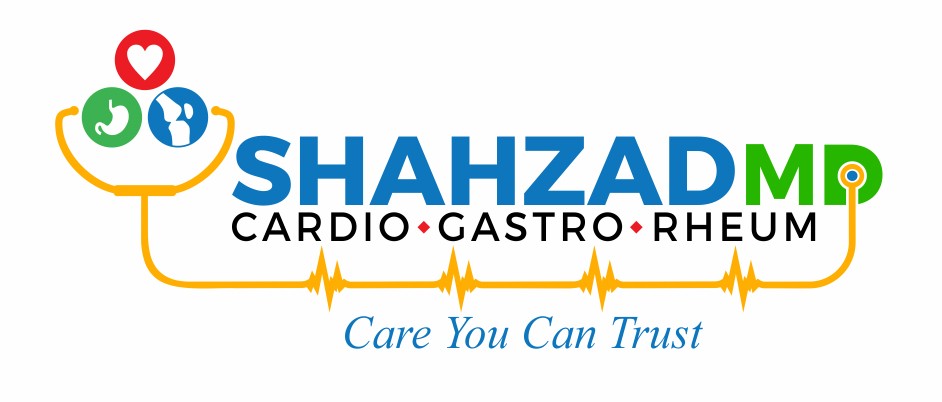HYPERTENSION
High blood pressure, or hypertension, occurs when your blood pressure increases to unhealthy levels. Your blood pressure measurement considers how quickly blood is passing through your veins and the amount of resistance the blood meets while it’s pumping.
Blood pressure is the force exerted by the blood against the walls of blood vessels, and the magnitude of this force depends on the cardiac output and the resistance of the blood vessels. Hypertension is classified as having blood pressure higher than 140 over 90 mmHg (millimeters of mercury). A diagnosis of hypertension may be made when one or both readings are high. This means the systolic reading (the pressure as the heart pumps blood around the body) is over 140 mmHg (millimeters of mercury) and/or the diastolic reading (as the heart relaxes and refills with blood) is over 90 mmHg.
Hypertension is very common. According to the CDC, In 2016, 75 million Americans (29%)1 are living with the condition. Hypertension may develop over the course of several years. During that span, you may not notice any symptoms. Even without symptoms, high blood pressure can cause damage to your arteries and blood vessels. For more information on hypertension’s damage to your body, click here.
.
FACTS ABOUT HYPERTENSION
Definition
Early detection is important. Regular blood pressure readings can help you and your doctor notice any changes. If your blood pressure is elevated, your doctor may check your blood pressure over a few weeks to see if the number stays elevated or falls back to normal levels.
The American Heart Association (AHA)2 defines the following ranges of blood pressure:
Normal blood pressure is below 120 systolic and below 80 diastolic
Prehypertension is 120-139 systolic or 80-89 diastolic
Stage 1 high blood pressure (hypertension) is 140-159 systolic or 90-99 diastolic
Stage 2 high blood pressure (hypertension) is 160 or higher systolic or 100 or higher diastolic.
Hypertensive crisis (a medical emergency) is when blood pressure is above 180 systolic or above 110 diastolic.
Symptoms
Typically, you may not experience any symptoms with hypertension. It may take years for the condition to become severe enough to cause symptoms.
SYMPTOMS INCLUDE:
Headaches
Shortness of breath
Nosebleeds
Flushing
Dizziness
Chest pain
Visual changes
Blood in the urine
Complications
High blood pressure is usually a chronic condition that gradually causes damage over the years. But sometimes blood pressure rises so quickly and severely that it becomes a medical emergency requiring immediate treatment, often with hospitalization.
High blood pressure can cause:
Memory loss, personality changes, trouble concentrating, irritability or progressive loss of consciousness
Stroke
Severe damage to your body’s main artery (aortic dissection)
Chest pain
Heart attack
Sudden impaired pumping of the heart, leading to fluid backup in the lungs resulting in shortness of breath
Sudden loss of kidney function
Complications in pregnant women (preeclampsia or eclampsia)

